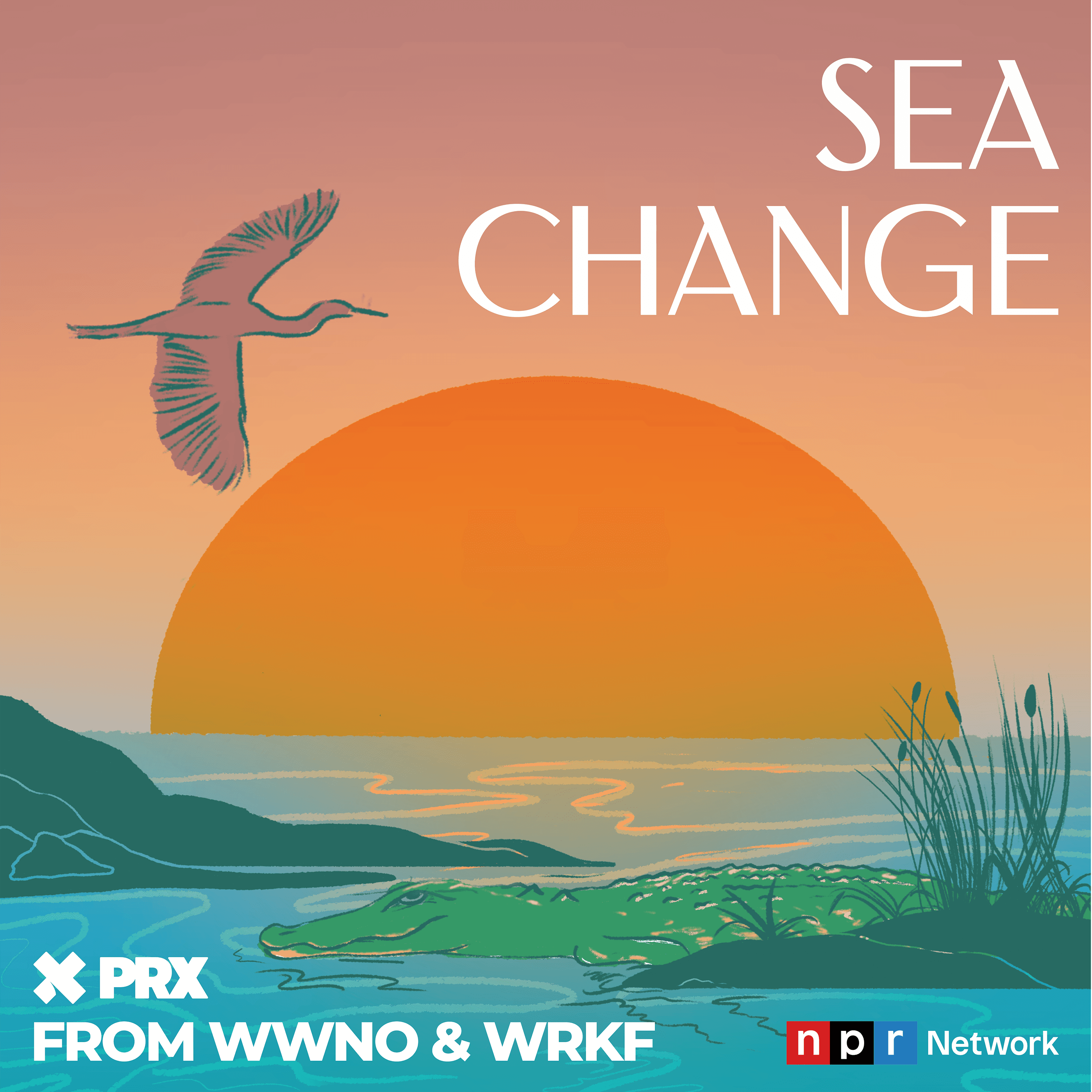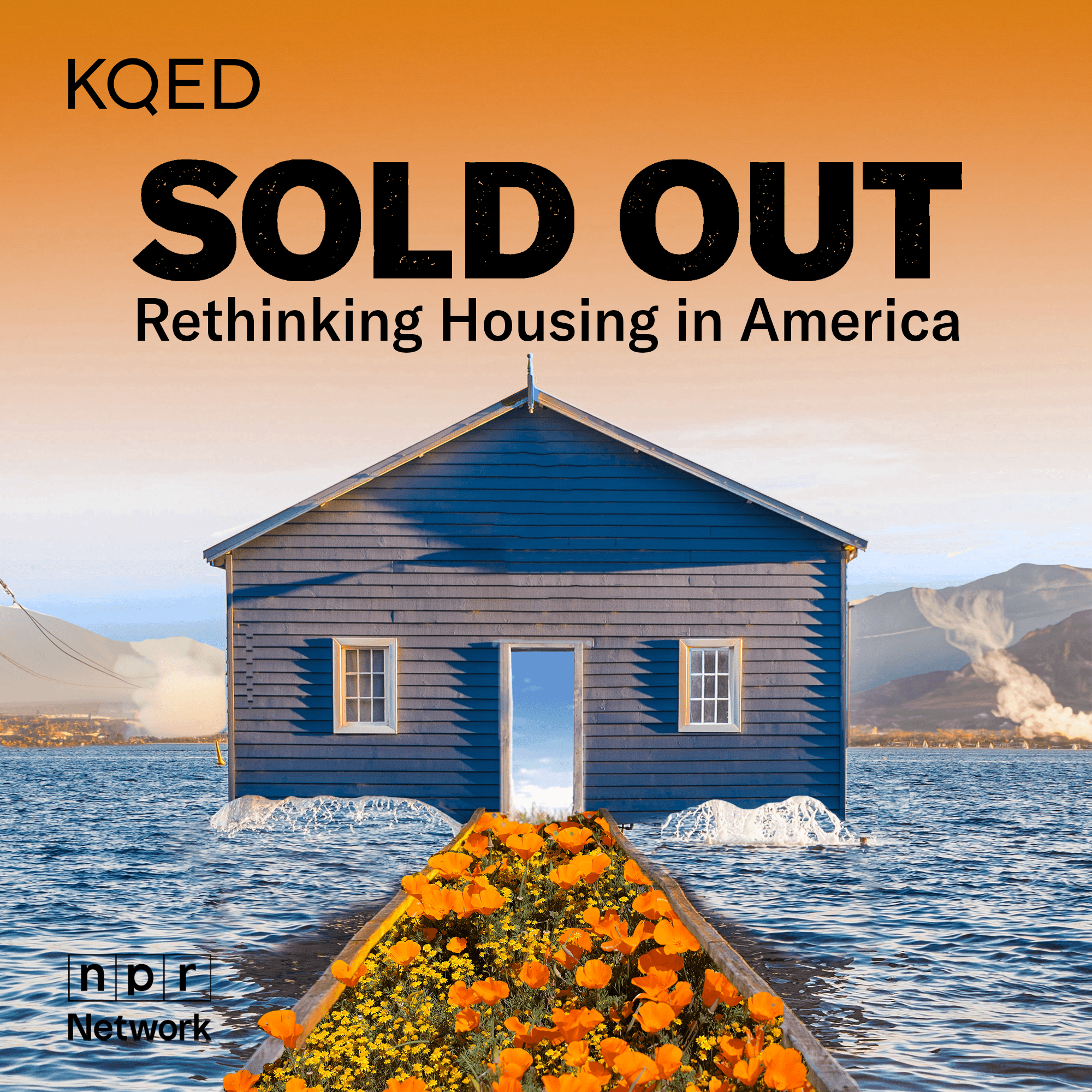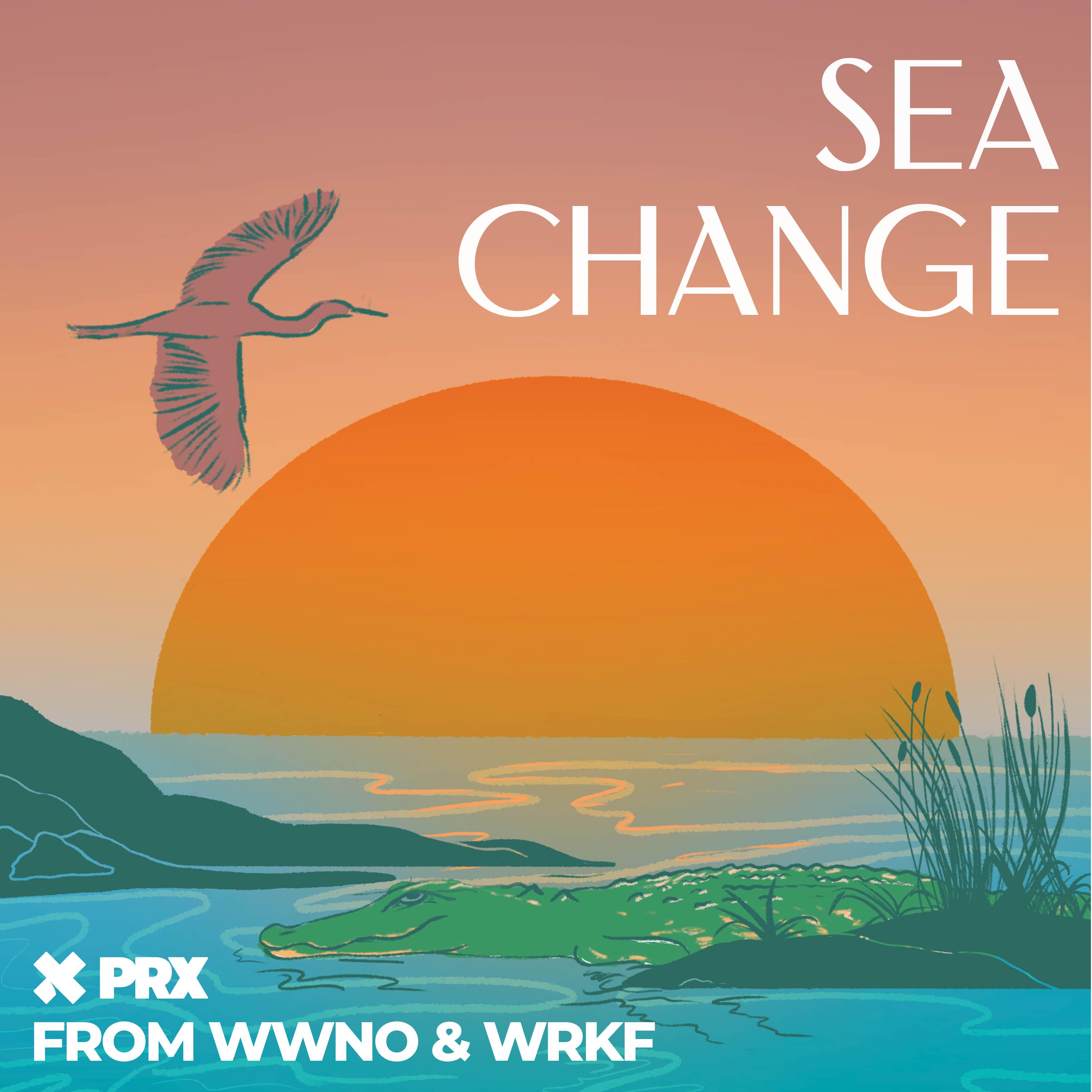
Sea Change
WWNO & WRKFLiving on the coast means living on the front lines of a rapidly changing planet. And as climate change transforms our coasts, that will transform our world.
Every two weeks, we bring you stories that illuminate, inspire, and sometimes enrage, as we dive deep into the environmental issues facing coastal communities on the Gulf Coast and beyond. We have a lot to save, and we have a lot of solutions. Join us as we investigate and celebrate life on a changing coast. It’s time to talk about a Sea Change.
Based in New Orleans, Sea Change is a production of WWNO New Orleans Public Radio and WRKF Baton Rouge Public Radio. Sea Change is a part of the NPR Podcast Network and is distributed by PRX. Hosted by Carlyle Calhoun. Our theme song is by Jon Batiste.
Sea Change is made possible with major support provided by The Gulf Research Program of the National Academies of Sciences, Engineering, and Medicine and The Water Collaborative. The Coastal Desk is supported by the Walton Family Foundation, the Greater New Orleans Foundation, and the Meraux Foundation.
Living on the coast means living on the front lines of a rapidly changing planet. And as climate change transforms our coasts, that will transform our world.
Every two weeks, we bring you stories that illuminate, inspire, and sometimes enrage, as we dive deep into the environmental issues facing coastal communities on the Gulf Coast and beyond. We have a lot to save, and we have a lot of solutions. Join us as we investigate and celebrate life on a changing coast. It’s time to talk about a Sea Change.
Based in New Orleans, Sea Change is a production of WWNO New Orleans Public Radio and WRKF Baton Rouge Public Radio. Sea Change is a part of the NPR Podcast Network and is distributed by PRX. Hosted by Carlyle Calhoun. Our theme song is by Jon Batiste.
Sea Change is made possible with major support provided by The Gulf Research Program of the National Academies of Sciences, Engineering, and Medicine and The Water Collaborative. The Coastal Desk is supported by the Walton Family Foundation, the Greater New Orleans Foundation, and the Meraux Foundation.






























































The True Cost of Fertilizer

The chemical industry is big business in Louisiana. Companies here manufacture plastics, fuels, pesticides, and cleaning products. But one part of the chemical industry that’s often overlooked is the fertilizer business.
Today, you’re going to hear the story of modern fertilizer, and how this powerful concoction of chemicals has radically reshaped how we farm and what we eat. In this episode, we follow the journey of fertilizer from Louisiana to the Midwest, then back down along the Mississippi River to a place it creates in the Gulf. A place called: The Dead Zone.
This episode was produced in collaboration with the Food & Environment Reporting Network, an independent, nonprofit news organization. We also had support from the Mississippi River Basin Ag and Water Desk.
This episode was hosted by Carlyle Calhoun and reported by Garrett Hazelwood and Eric Schmid. This episode was edited by Eve Abrams. Additional help from Carlyle Calhoun, Eva Tesfaye, Ryan Vasquez, Ted Ross, and Brent Cunningham. The episode was fact-checked by Naomi Barr. Sea Change's executive producer is Carlyle Calhoun. Our theme music is by Jon Batiste, and our sound designer is Emily Jankowski.
Sea Change is a WWNO and WRKF production. We are part of the NPR Podcast Network and distributed by PRX.
Sea Change is made possible with major support from the Gulf Research Program of the National Academy of Sciences, Engineering and Medicine. It’s also supported by the Water Collaborative of Greater New Orleans. WWNO’s Coastal Desk is supported by the Walton Family Foundation, the Meraux Foundation, and the Greater New Orleans Foundation.